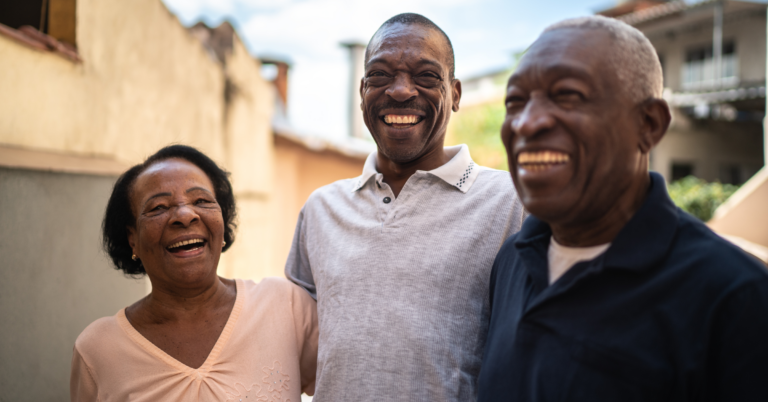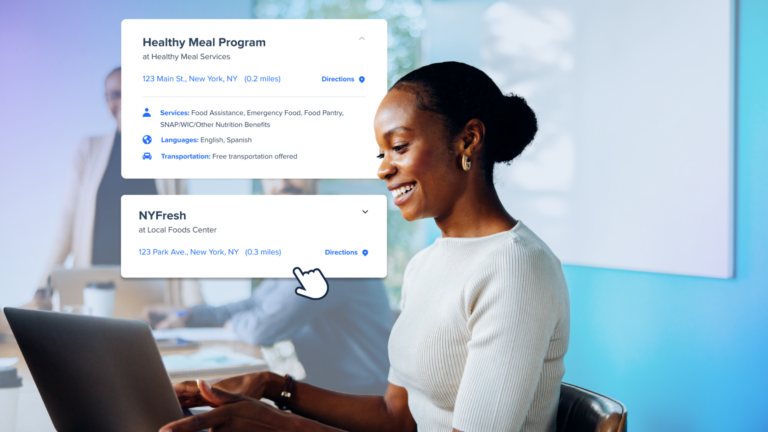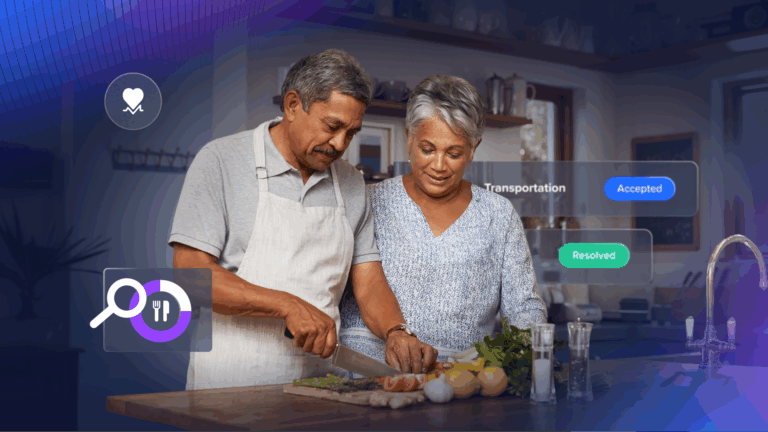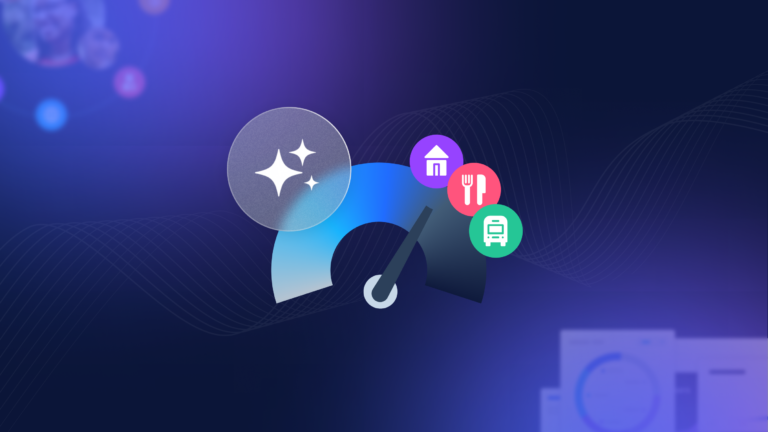Community Relationships: Built on Trust
Ally Pratt
The recent tragic deaths of Kate Spade and Anthony Bourdain have brought national attention to the growing suicide epidemic that exists in our country. Our team is deeply saddened by the loss of these two cultural icons, along with countless others, and we want to make sure that our work in addressing mental health and suicide is at the forefront.
Recently, we sent out a behavioral health series detailing some of the critical areas of service that we, as healthcare and social service leaders, have a responsibility to address. However, in that analysis, we failed to discuss the importance of trust.
As awareness builds around mental health and addressing mental illnesses in our communities, we must keep in mind how vital it is to cultivate real, compassionate, and trustworthy connections.
At Unite Us, we strive to maintain a sense of trust and transparency between providers, their networks, and all the people our networks are serving. We know that there is an abundance of resources out there; nobody should ever feel alone. Reorienting our focus around trust reminds us that these resources must sustain accountable connections with the people who need them. These resources, such as the suicide hotline (1-800-273-8255), must be easy to find and access.
It’s also important to notice, however, that there are some human needs that may not be fully addressed by a list of resources or a hotline.
While promoting and sharing these, we should also be personally noting our own relationships and fostering the ones that need extra attention. While we build networks to organize community resources at a large scale, we believe that acting at a local level is the first step. Individual trust and engagement is a critical piece to the puzzle, and by breaking our networks down by individual we encourage genuine person-person relationships and accountable service delivery. Part of making widespread institutional changes is ensuring quality interactions on a personal level, and sometimes all our friends need is a listener. Some ideas to try:
- Be the support system your friend or family member needs by spending time with them, reassuring them that you’re there, encouraging them to seek proper treatment, helping them handle stress, or whatever method they respond to best.
- Take care of yourself; get enough sleep, drink enough water. Treat your body well and your mind will follow. Remember to take time for your own mental health.
- Help reduce the stigma around mental illnesses by being conscious of the words you choose in your everyday speech, empowering those with mental illnesses to speak up, engaging with others respectfully and compassionately, and talking openly about mental health.
- Be aware and know the facts. Educate yourself on mental illnesses and their symptoms so you can be an empathetic, trustworthy, and thoughtful communicator.
Mental illness is a personal battle, but it need not be fought alone.
At the end of the day, we’re humans helping humans. Here at Unite Us, we find strength in numbers and don’t want anyone left behind. We instill trust by connecting patients with personal contacts, not just organizations. We send our team to each coordination center to personally meet with every single provider and partner, then continue to monitor them throughout every stage of the network to ensure that they’re ready and able to serve the community. We allow every member of a patient’s care team to have visibility into that patient’s total health journey in real-time so they can intervene, make changes, or easily communicate with the rest of the care team if necessary at any point.By incorporating empathy into service delivery, we are able to build healthier, happier communities.
{{cta(‘2597851c-e11e-4d19-99e8-9b0cde417d36′,’justifycenter’)}}



